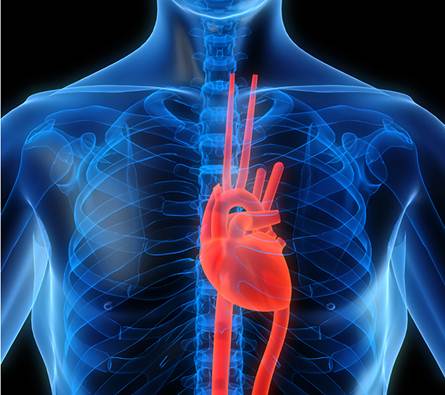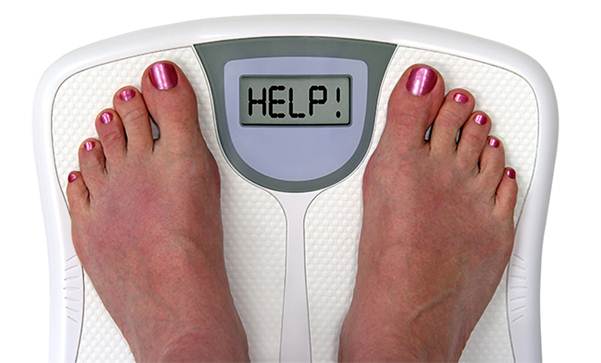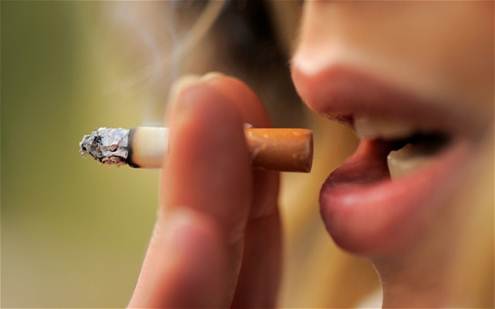High-density lipoprotein (HDL) is often called "good cholesterol"
because it crubs the arteries and removes low-density lipoprotein (LDL),
commonly known as "bad cholesterol". The
benefits of HDL urge people who are at risk of
cardiovascular disease to seek for increasing their HDL
levels. More HDL means increasing the scouring power within arteries to
remove plaque and LDL, which is taken to the liver for processing.

HDL
urge people at risk of cardiovascular diseaseto seek for increasing their HDL
levels.
What you will need
·
Exercise plan
Instructions
1.
Lose weight. Overweight people
often have higher levels of bad cholesterol
than normal one. Furthermore, obesity usually prevents producinggood cholesterol.

Overweight people often have higher levels of bad cholesterol than normal one.
2.
Reduce the consumption of alcohol to 1 or 2 drinks a day. The average alcohol consumption promotes the production of HDL,but more than 1 to 2 glasses of wine a day will burden the liver anddecrease the processing of cholesterol, which is transported to the liver by HDL.
3.
Develop exercise plans together with
your doctor, even it is just a brisk walk for 3 times
aweek. The exercise will raise your heart
rate and also boost metabolism - the factor inincreasing HDL production.
4.
Stop smoking. Heart studies have indicated that cardiovascular HDL levels go up when smokers
quit smoking.

HDL
levels went up when smokers quit.
5.
Eat a more healthful diet to eliminate trans-fatty acids. Check the nutritional information on packaged foods for
their fat content. Consume more fiber in whole grains, vegetables and fruits. Use
more foods which are rich in omega-3 fatty
acids such as salmon.
6.
Take one Vitamin B supplements a
day. Vitamin B complex contains niacin, an acid stimulating the creation of HDL.